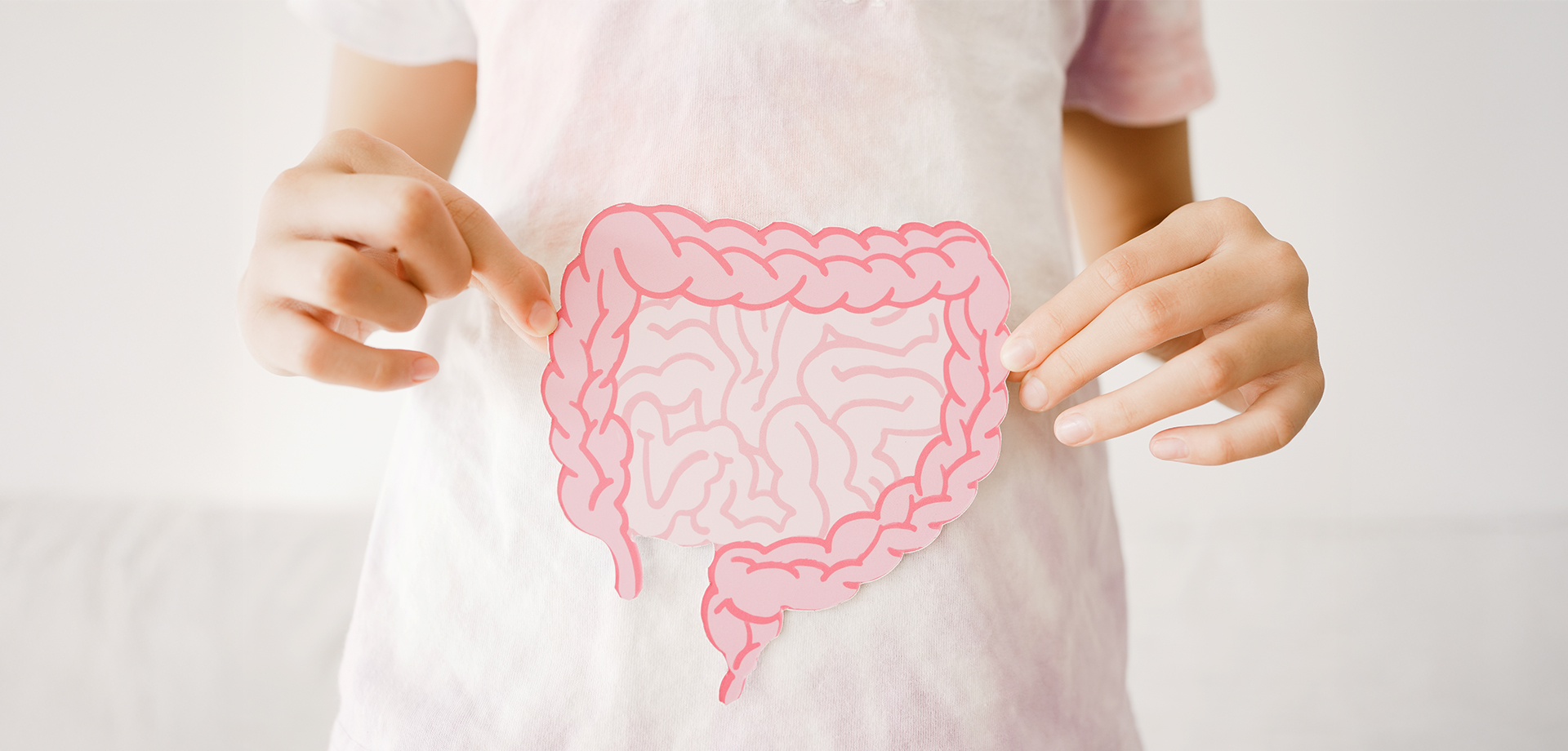The Role of Gut Health in Managing IBS
In recent years, gut health has become a key area of focus in managing Irritable Bowel Syndrome (IBS). IBS, which causes discomfort like bloating, abdominal pain, and changes in bowel movements, is common in India, affecting people of all ages. One of the main factors influencing IBS is the balance of microorganisms in our digestive system. This balance, known as gut microbiota, plays a vital role in gut health and, as research shows, is linked to the severity of IBS symptoms.
What Is Gut Microbiota?
The gut microbiota is the community of trillions of bacteria, fungi, and other microorganisms living in our intestines. These microbes help us digest food, absorb nutrients, and protect our gut from harmful pathogens. In simple terms, they help our digestive system function smoothly, like a team working together for our gut’s health. When the balance of these microbes is disturbed, it can contribute to digestive issues such as IBS.
Gut Microbiota and IBS in India:
Recent research has shown that people with IBS tend to have an imbalance in their gut microbiota. The study “Gut bless you: The microbiota-gut-brain axis in irritable bowel syndrome” suggests that IBS patients often have a higher number of harmful bacteria and fewer beneficial bacteria like Lactobacillus and Bifidobacterium. This imbalance can trigger or worsen symptoms like bloating, abdominal discomfort, and irregular bowel movements.
In India, where dietary habits, stress levels, and lifestyles vary widely, the gut microbiota can be significantly affected. Indian diets, rich in spices and high-fat foods, combined with irregular eating patterns, can disrupt the gut microbiota and contribute to IBS symptoms. Additionally, the stress of daily life, family pressures, and work stress in modern urban India can also play a role in worsening IBS symptoms by affecting the microbiome-gut-brain communication.
How to Improve Gut Health:
- Probiotics:
Probiotics are beneficial bacteria that help restore balance to your gut microbiota. In India, we have many probiotic-rich foods that can aid in improving gut health. Foods like dahi (yogurt), lassi, kefir, and fermented foods like idli and dosas are rich in probiotics and can help maintain healthy gut bacteria. Regular consumption of these can support digestion and reduce IBS symptoms by replenishing the good bacteria in the gut.
- Prebiotics:
Prebiotics are foods that act as food for beneficial bacteria, encouraging their growth. In India, many commonly available foods are excellent sources of prebiotics. For example, onions, garlic, bananas, asparagus, and whole grains like jowar and bajra are rich in prebiotics. Adding these foods to your diet can help promote a healthy balance of gut bacteria, which is essential for managing IBS.
- Dietary Fiber:
Dietary fiber is an essential component for regulating bowel movements and promoting gut health. In India, fiber-rich foods like lentils, chana, green leafy vegetables, and fruits like apples, guavas, and papayas can provide the necessary fiber. Soluble fiber, in particular, helps in controlling IBS symptoms by acting as a food source for the beneficial bacteria in the gut.
Gut Health and IBS Symptom Management:
Maintaining a healthy gut microbiota is central to managing IBS. Research highlights the importance of a balanced microbiome in reducing symptoms and improving the overall quality of life for IBS sufferers. By including probiotics, prebiotics, and fiber-rich foods in your diet, you can help restore balance to your gut and reduce the impact of IBS.
It’s also important to note that personalized dietary interventions can make a significant difference. Everyone’s gut microbiota is unique, so finding the right combination of foods that work for you may take some trial and error. However, research suggests that even small changes in diet and lifestyle can lead to improvements in IBS symptoms.
Research Insights:
The study “Gut bless you: The microbiota-gut-brain axis in irritable bowel syndrome” emphasizes the connection between gut health and the brain, noting that an imbalance in gut bacteria can affect brain function, leading to increased stress and, consequently, worsening IBS symptoms. In India, where stress is a significant factor in many people’s lives, understanding this link is crucial. Reducing stress through lifestyle changes, relaxation techniques, and improving gut health through diet can go hand in hand in managing IBS.
Conclusion:
Gut health plays a critical role in managing IBS, and maintaining a balanced gut microbiota can help reduce the severity of IBS symptoms. In India, where dietary habits and stress levels can significantly impact gut health, simple steps like including probiotic and prebiotic foods, as well as increasing fiber intake, can help restore balance and alleviate IBS symptoms.
IBS can be challenging, but with the right approach to gut health, you can significantly improve your quality of life. Start by incorporating healthy, gut-friendly foods into your diet and paying attention to stress management. Over time, these changes can make a significant difference in managing IBS.
Research Paper Links:
– “Gut bless you: The microbiota-gut-brain axis in irritable bowel syndrome” [PubMed](https://pubmed.ncbi.nlm.nih.gov/35125827/)
– “Irritable Bowel Syndrome and the Gut Microbiome” [PubMed Central](https://pmc.ncbi.nlm.nih.gov/articles/PMC10095554/)


